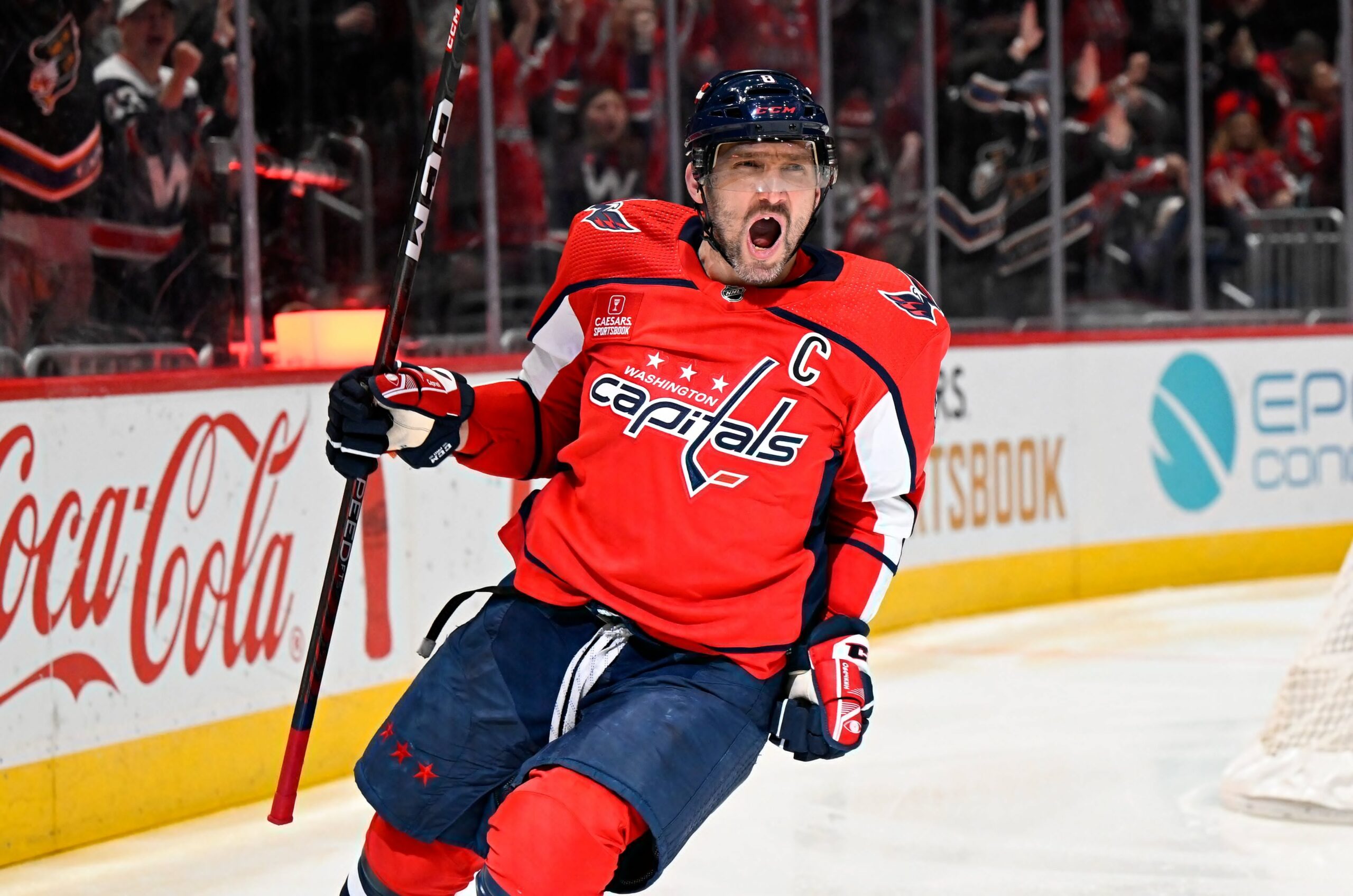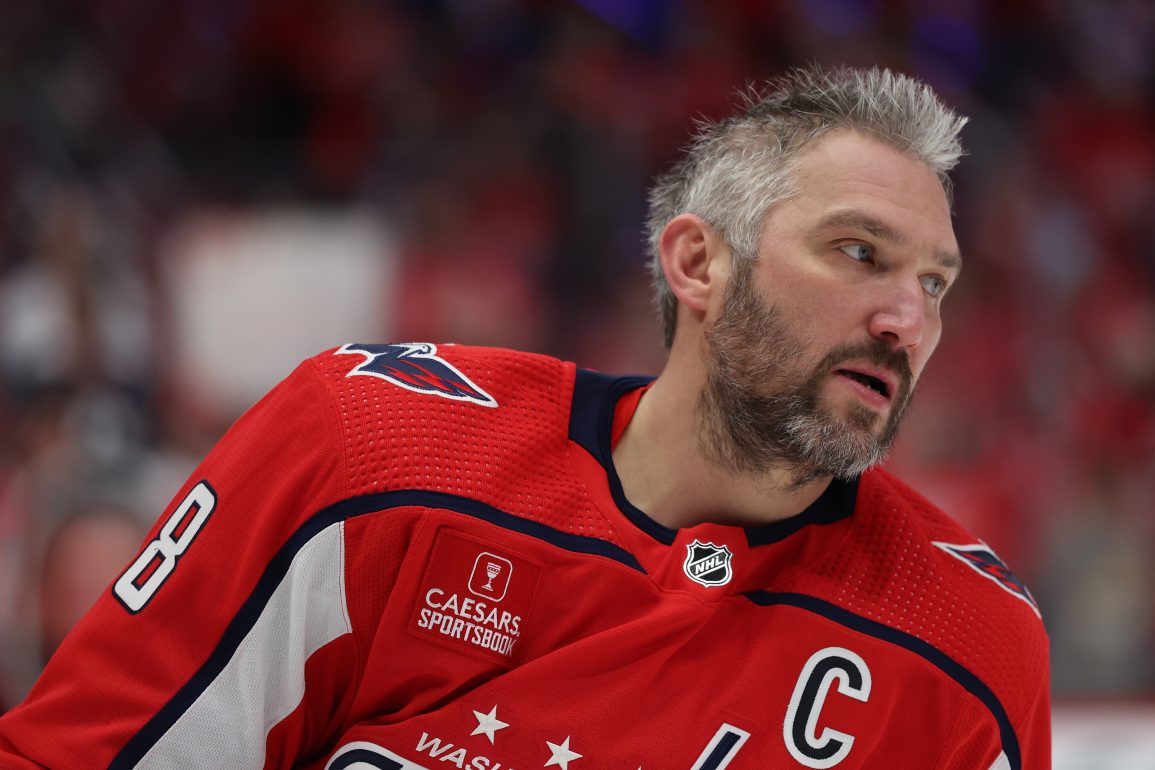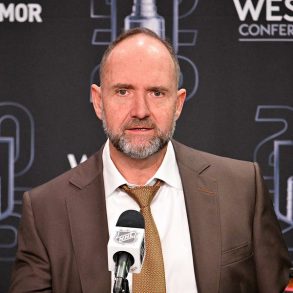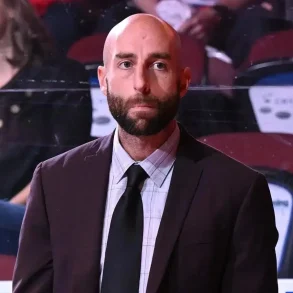In the months before a major August 2024 prisoner exchange, the Biden administration weighed an unusual form of pressure on Moscow: banning all Russian hockey players from the United States.
National Security Advisor Jake Sullivan reportedly considered this step to appeal to Russian President Vladimir Putin’s well-known passion for the sport, hoping it might help secure the release of journalist Evan Gershkovich and former Marine Paul Whelan without involving a Russian hitman jailed in Germany.
Ovechkin’s Record Pursuit and Putin Ties Spotlighted Amid Potential NHL Player Ban
One of the most high-profile potential targets of the ban was Washington Capitals superstar Alexander Ovechkin, who was closing in on Wayne Gretzky’s NHL goal-scoring record. At 853 goals, Ovechkin’s career chase would have been abruptly halted if he were forced to leave before the 2024–25 season.
His public image has long been shaped by his friendship with Putin, a connection that became even more contentious following Russia’s invasion of Ukraine.

Since the start of the war in 2022, Ovechkin has called for peace but has refrained from directly criticizing Putin. In public statements, he emphasized his role as an athlete rather than a political figure, saying, “He’s my president… I’m not in politics.” While some understood his reluctance, others viewed his neutrality as tacit support for the Kremlin.
Largest Cold War-Era Prisoner Swap Avoids Expulsion of Dozens of Russian NHL Stars
Despite initial discussions, Sullivan ultimately dismissed the hockey-player expulsion idea, opting instead for a sweeping 24-person prisoner exchange that included the Russian hitman. The swap, the largest since the Cold War, was seen as a significant diplomatic moment, though it came with political and ethical complexities.
Had the ban been enacted, the NHL would have lost 65 Russian-born players in the 2023–24 season, including stars like Nikita Kucherov, Sergei Bobrovsky, and Artemi Panarin. The ripple effects would have reached beyond U.S.-based teams, as it remained unclear whether Russian players on Canadian rosters would be affected, potentially reshaping the competitive balance of the league for years.







